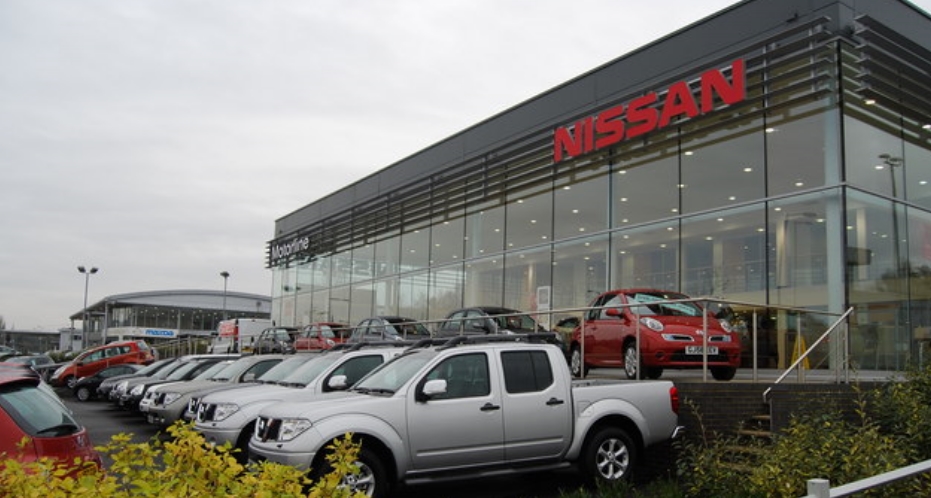Driving commercial and political engagement between Asia, the Middle East and Europe
Driving commercial and political engagement between Asia, the Middle East and Europe
Driving commercial and political engagement between Asia, the Middle East and Europe

Japanese carmakers that have manufacturing plants in the UK are monitoring developments in the UK following Britain’s decision to leave the European Union (EU).
Asia House has been in touch with Honda, Toyota and Nissan and asked them about the impact of the Brexit decision on their UK operations and their plans in the wake of the referendum.
There were concerns before the referendum that Japanese automakers that have based their European manufacturing plants in the UK would be badly hit by Brexit, especially if tariffs are levied on the sales of their cars to Europe post-Brexit. In an interview with Asia House, Ian Howells, Senior Vice President, Honda Europe, said: “At this moment, it is not clear what conditions and rules will ultimately replace the UK’s membership of the EU, so we will need to carefully monitor developments in this area.
“However, it’s important to note that Honda’s UK plant in Swindon plays an important role in our global manufacturing operations. We’ve recently invested over £200 million into the plant, as Swindon is developed into the global manufacturing hub for the new Civic 5 door model.”
Honda employs 3,200 staff in the UK and has invested £2.2 billion in its Swindon plant since 1985.
Mr Howells is positive about the plant’s future and Honda’s commitment to the UK. “Swindon will no longer be solely manufacturing cars for the European market, but will also export to North America,” he said. “As such, our UK plant will be less reliant on the European market and will be feeding into Honda’s global operations. Honda remains committed to its manufacturing activity in the UK.”
Nissan, which employs 8,000 staff in the UK and produces 475,000 vehicles annually at its Sunderland plant, publicly supported the Remain campaign. Now it is taking a “watch and see” approach.
In response to email questions from Asia House, a Nissan spokesperson said: “We continue to monitor the situation in the UK and the EU. Like other multinational companies, we are able to seize opportunities, mitigate risks and continually adapt to changing situations.”
Toyota, which has two manufacturing plants in the UK, representing a total investment of £2.2 billion, also supported the Remain campaign.
When asked by Asia House about the impact of Brexit, a spokesman for Toyota said in an email: “We will closely monitor and analyse the impact on our business operations in the UK and determine how we can maintain competitiveness and secure sustainable growth together with the UK automotive industry and other stakeholders.”
Meanwhile Japanese investment bank Nomura has cut its 2016 growth forecasts for all major Asian economies as a result of Brexit.
Analysts at the bank argue that Brexit will negatively impact Asian markets and economies and they anticipate a globally coordinated central bank response.
Robert Subbaraman, Nomura’s Chief Economist and Head of Global Markets Research Asia-ex Japan, said, in an email interview with Asia House, that for Asia ex-Japan economies, Nomura has cut aggregate growth for 2016 from 5.9 per cent to 5.6 per cent, with the largest percentage point cuts to Hong Kong (1.0) and Singapore (0.7).
Following the referendum, Nomura issued a report titled Brexit: expect waves of contagion in Asia, which concludes that the countries which will be least affected by Brexit are China, Indonesia and the Philippines.
The report also says that it expects central banks across Asia will need to engage in monetary policy easing.
“Over time, we do expect an impact on Asia’s economies as this is not a fleeting shock; it is a sustained one that is likely to hurt Asia’s economies through the trade, financial and confidence channels,” Subbaraman said.
He said Brexit had led to considerable uncertainty in Asia about the future of the UK in particular, but also Europe more generally. “We suspect that this will lead to delays in new investments,” he added.
He said the biggest concern was Brexit having negative spill-over effects on the rest of the EU, “which is a much bigger export market for Asia than the UK on its own.”
But Subbaraman also saw some opportunities coming out of Brexit for Asia. He said: “In the longer term there is certainly scope for opportunities like better trade and investment agreements between Asia and the UK.”
naomi.canton@asiahouse.co.uk
To read about how Brexit has been covered in the Asian media click here.
To read more stories about Brexit on the Asia House website click here.
To read what CIMB Group Chairman Nazir Razak’s had to say about Brexit in an interview with Asia House click here.
